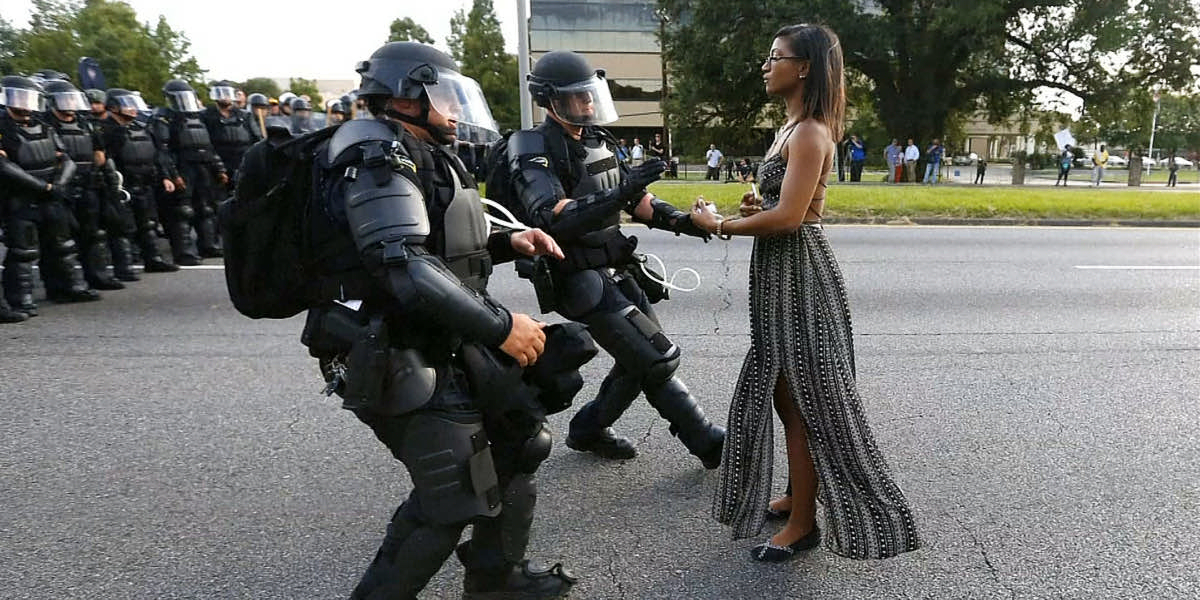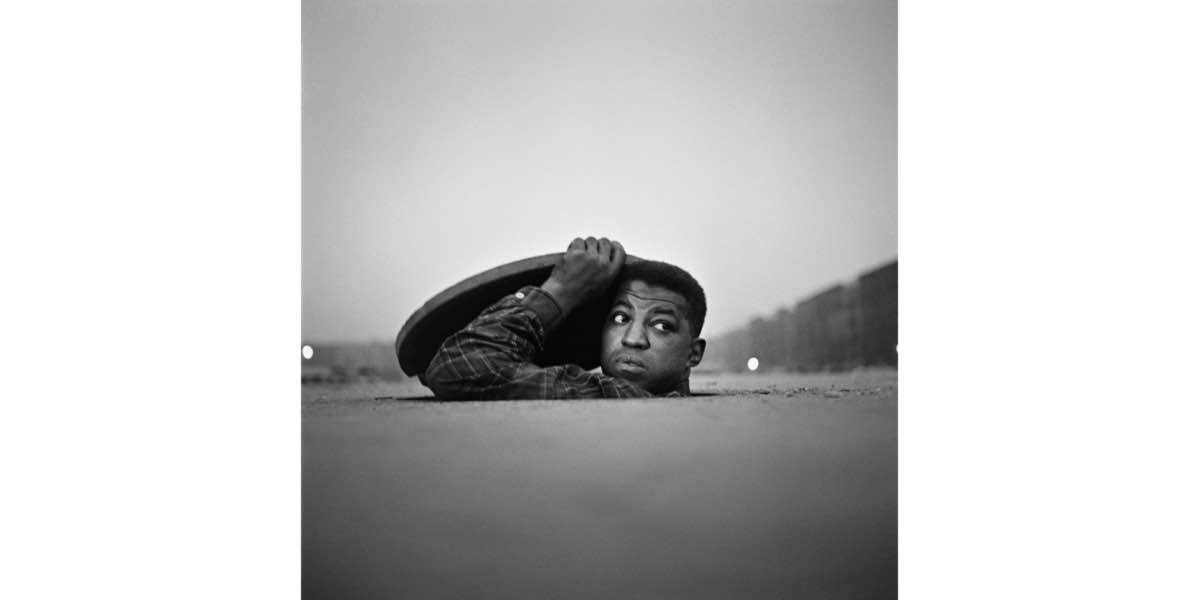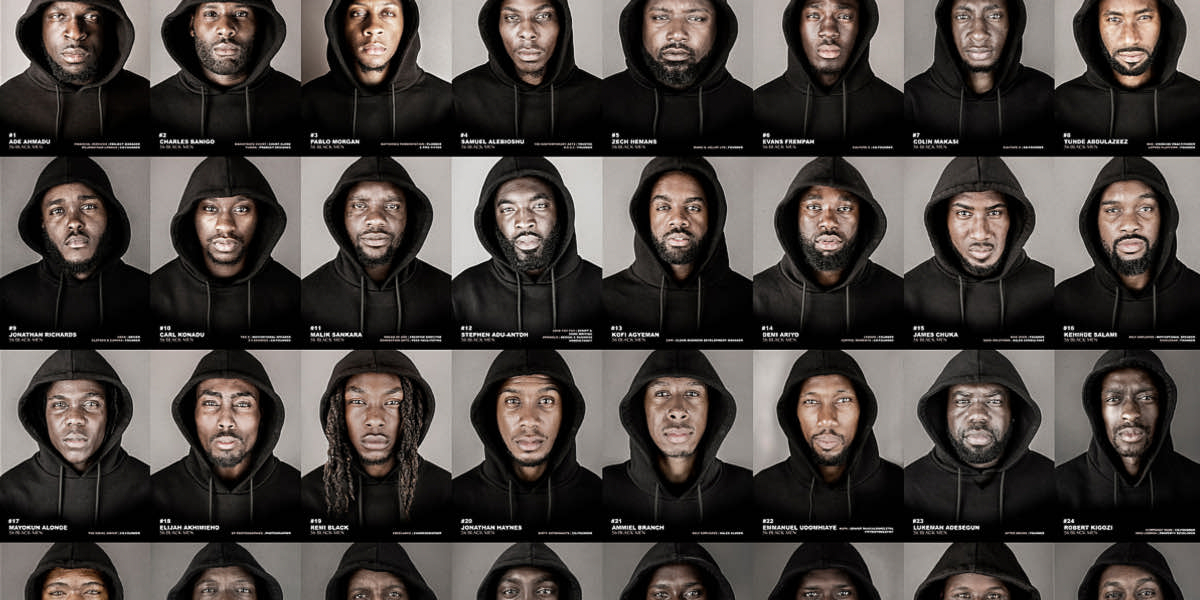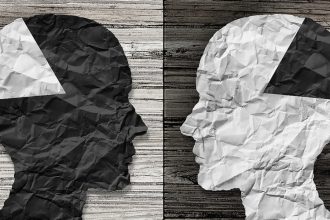What it means to be black
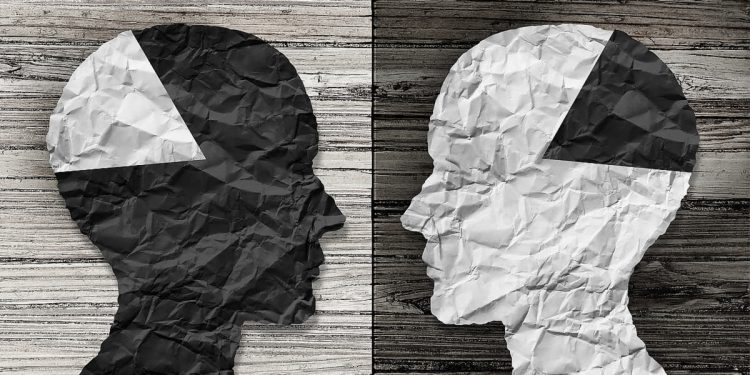
What it means to be black What it means to be black What it means to be black
What does it mean to be black in the eyes of society?
I gave long hard thought to the question after it popped into my head, no doubt as a result of the current unrest around racial inequality. The word black has to be the most triggering when used as a descriptor of persons in the 21st century. It is a word that is loaded with connotations of all kinds, heaped upon the individuals whom it is used to characterize. In North America it is a wastebasket descriptor for anyone who has any amount of discernible African in their bloodline. The word emerged into usage when, with the civil rights movement in the United States, the terms Negro and Colored fell out of favor. It carried with it the stigma of sub-humanity originally ascribed to the enslaved.
The word black itself seems to automatically negate any other heritage or ethnicity which one may possess and instantly creates a label of “otherness”, difference and unbelonging in the minds of many. More than a word, black, as it refers to people, is a construct which is based on the stereotyping of individuals; made in America and sold to the rest of the world through the news and other media. Referring to more than color, it speaks to certain expectations regarding tastes in food music and general culture. For example, if a black person demonstrates a liking for, or interest in music or any art form that is not deemed typical for his or her race, they face possible exclusion and judgement. This brings to mind an incident which occurred a few years ago when a group of women of color were conducting their book club outing on a Napa Valley tourist train. Following repeated requests from train staff to “quiet down”, they were promptly removed from the train for being too loud and “disruptive”. The women were greeted by police on exiting the train. A false account of the incident stating that they were being physically and verbally abusive to other passengers was posted on social media. It was later removed, and the women have subsequently been successful in a lawsuit filed against the railway company.
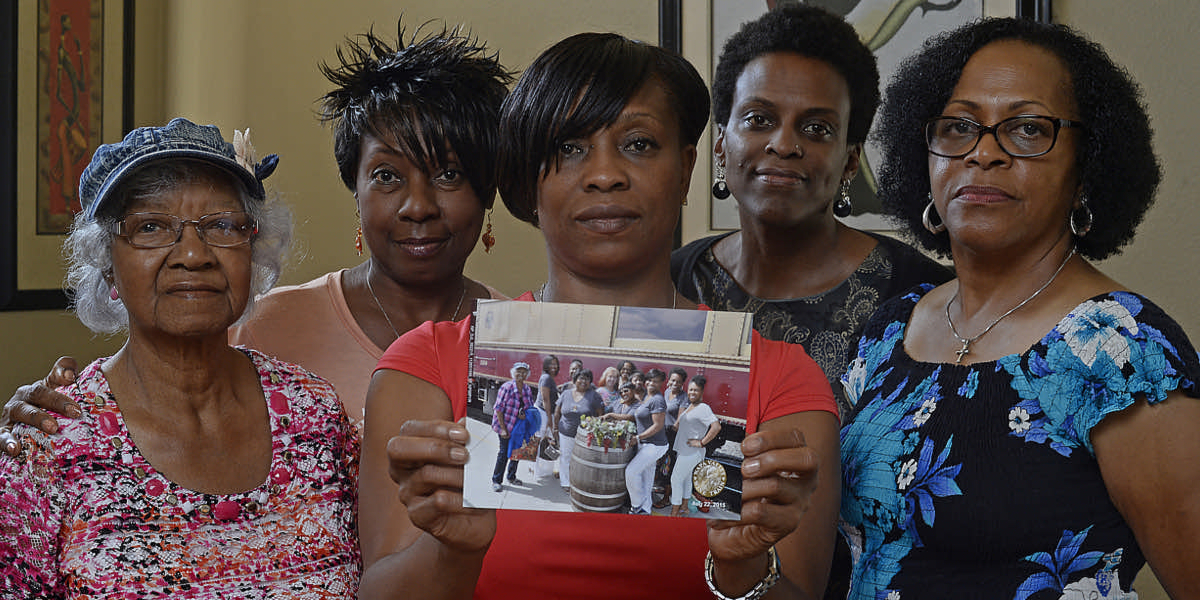
What it means to be black What it means to be black What it means to be black
Blackness is often associated with unsophistication, and anyone in the population who dares to depart from this stereotype is seen as “uppity” by some, for seeking to be a part of something to which it is believed they do not inherently belong. Due to racial stereotyping, black individuals are not encouraged by society to be themselves. Herein lies the essence of the term white privilege: the freedom to exist without bearing the constant weight of a label imposed by society. People in African countries not subject to a history of racial segregation do not usually refer to themselves as Black, since they do not feel that the term is representative of them.
I may seemingly be stating the obvious by saying that black people in the West have long been subject to inequalities in terms of treatment from the authorities, institutions and society at large. In the United States, there has been and still is an overwhelming disparity between the black and other ethnic groups regarding events of police and other forms of brutality. The horrific nature of these events is often not fully appreciated by the general public and perpetrators are not usually punished in a manner commensurate with their crime. I need not quote statistics; the recent killing of George Floyd by a policeman represents a culmination of sorts where these types of happenings are concerned. The explosion of protracted protests resulting from this, speak to the massive frustration, felt not only by people of color but by anyone of any persuasion who has a heart and some measure of humanity. This brutality is an expression of the most obvious and visceral type of racism.
Racism is also evident in the gross overrepresentation of black men in the US prison system, many of them either serving inflated prison sentences out of keeping with their crime or having been falsely imprisoned. This practice of imprisoning blacks for the purpose of obtaining forced labour and maintaining a for-profit prison system, dates to the period immediately post slavery. Black men were arrested and unfairly jailed for minor misdemeanors such as vagrancy and then used to provide unpaid labour. Slavery was continuing under a different name.
Baton Rouge, Louisiana, 2016. Ieshia Evans, nurse from New York, calmly confronts police in riot gear. (Click image for high resolution)
What it means to be black What it means to be black What it means to be black
Less glaring but also dehumanizing are the microaggressions which people of color face daily. The authenticity of these is usually much harder to prove as their validity relies on subjective report. This will leave room for doubt as to their existence, with the perpetrators of this subtle form of abuse often being able to claim innocence by painting victims as overly sensitive. A black couple or family being seated in the least desirable locations in a restaurant or having to wait inordinately long for service; over scrutiny in shops or other public spaces such as galleries with an increased likelihood of being called out for rule infractions; reference being made to a people of color as “you people”; these are just a few examples of this type of unfortunate behavior.
It is no doubt that progress has been made from the days of the Jim Crow laws by the civil rights movement in America. People of color now enjoy social and other freedoms that were once deemed impossible. However, the largely negative perception and in some instances hatred of Black people persist many years later. The war on racism is nowhere near over. The main question that we should ask ourselves is “Why does this continue so long after enactment of civil rights and the end of slavery?” The answer clearly lies in the fact that the designation Black equals “less than” in the eyes of society. This is the harsh truth.
Is race distinction necessary?
Efforts should be made therefore to change society’s perception. I propose that as long as we continue to label an entire group of people with a word that carries with it centuries worth of baggage, negativity and dehumanization, then the stigma will continue. So ingrained is this negative view in the public psyche, that it is impossible to change and therefore a fresh start is needed. The need to label a person as black may be connected to a desire to determine how he or she should be treated, in order to comfortably ascribe the status of second-class citizen.
This begs the question “Is race distinction even necessary?” and should it be replaced by a distinction based on cultural parameters instead? Except for truly homogeneous societies, people of the same culture, e.g. Caribbean or American, may or may not be of the same ethnicity, but their experiences would be alike to an extent. This substitute form of classification could potentially satisfy society’s ever so urgent need to categorize, whilst discouraging the tendency of people to prejudge. The only caveat on this would be regarding things of a medical nature where there could be value in knowing a person’s genetic makeup to facilitate study planning and treatment.
What it means to be black What it means to be black What it means to be black
“What’s in a name”?
The use of a color to habitually distinguish people seems unkind and pejorative; more so if it is a word associated with darkness, impurity and the absence of light. Think of a scenario where instead of being referred to as black, people with African ethnicity, mixed or otherwise, were referred to as the Jewel race. This would certainly evoke more positive associations as thoughts of beauty, diversity and value would predominate.
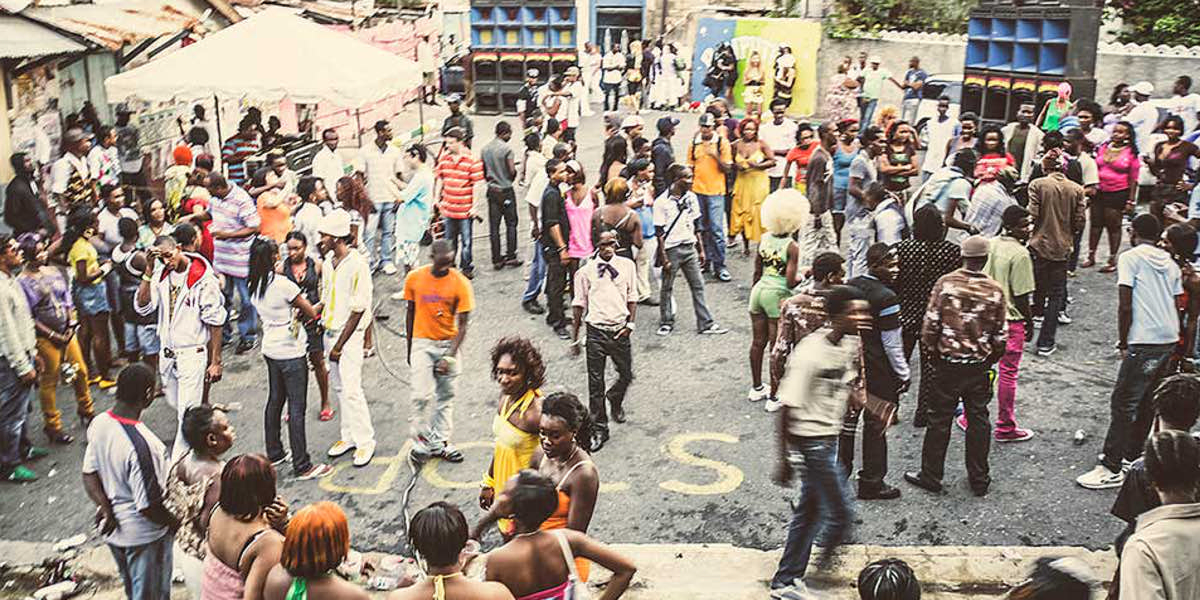
Block party in Kingston, Jamaica
How does it feel to be black?
I can honestly say that I could not answer that question until I came to live in North America. I was born and raised in Jamaica to parents whose lineage included African as well as Scottish/Irish/English blood like many of the other islanders. In addition to being a centre for the British slave trade from Africa, Jamaica in the 17th century became the home to Scottish and Irish labourers and prisoners sent to the island under the English republic of Oliver Cromwell. In the mid-19th century East Indian, Chinese and a small contingent of German migrant workers also came to the island. The island’s motto is consequently “Out of Many one people”. Jamaica was a colony of England until it gained independence in 1962. The official language is English, but the culture is diverse and unique, consisting of a blend of European African and Asian elements. It is however essentially a “Black country” since most people have African ancestry with or without other ethnicities mixed in. In this quasi-homogenous society in which I was raised, color did not usually define a person. People of differing ethnicities had come to exist and intermingle since they were united in a common goal of survival.
Then I moved to a continent where suddenly I was seen for my color first, with assumptions being automatically made about me. I was immediately thrust into the unfamiliar role of the “other” presumed to be less, different and unworthy. One of my early experiences after moving occurred on a bus where, as I sat in the end seat of a row, a young man decided to step, rather forcefully, on my foot as the bus came to a stop. Thinking initially that it was an accident, I moved my foot after which he proceeded to do the same thing, this time invoking laughter from his friends. I was in disbelief that this had happened, having not yet been privy to the possibility of such behaviors occurring in my new home.
The weight of exclusion
I was a doctor in Jamaica, worked hard on arrival and was eventually able to practice medicine in Canada. I am educated and financially comfortable, a profile not consistent with the black stereotype. I live in a relatively affluent neighbourhood and one Saturday morning years ago, I decided to attend a moving sale in the area. I had parked my car up the street and walked toward the house where it was happening. The items for sale were in the house and I noticed that people were being ushered in without reservation to view them, by two children. The younger child, without judgement had freely invited me to go inside when his older teenaged sister suddenly berated him, asked me to stop, and told her brother to call their mother. Their mother appeared and inspected me while smiling sheepishly, realizing the message that had just been conveyed. She invited me to come inside. Needless to say I did not stay.

I continue to avoid certain stores if not planning to purchase anything in order to avert the humiliation of being scrutinized while browsing. When planning to travel, I am careful to research the destination to see how black people are generally received in that locale. I am judicious about where and with whom I book an AirBNB as one is not afforded the protection of a hotel setting. I had the experience of staying in such an apartment once in a Boston community and whilst the hosts and the accommodation were fine, I was horrified at a comment made as my daughter and I walked home from a street festival one evening. “Getting to be too many N…….s around here!” was the shout from one member of a group of people hanging out in the street. I did not turn to look at them but instead hurried to get inside.
I have felt the sting of exclusion even in my own neighbourhood. I was one of the original owners of the homes on my residential street, with it being a new community, and we all mostly got along. But as time passed, I would learn that my family and I had been excluded from some social events involving that group of people. However, the most heartbreaking thing to watch was the effect of social exclusion on my daughter. She perpetually had the feeling that she was being kept at arm’s length by people in her high school, simply because there was the perception that she was somehow different and did not belong. Being female and black was a “double whammy”; you were automatically placed at the bottom of the figurative totem pole of high school. Black girls were rarely asked to parties or had a date for the prom. Your beauty and attractiveness were unfortunately overshadowed by your color.
Such experiences are painful and disheartening.
"The Invisible Man", 1952. Photo: Gordon Banks (Click image for high resolution)
I will not however allow such experiences to define or completely color my opinions. I have had the fortune of meeting some lovely caring individuals both inside and out of my professional capacity. I also consider myself lucky to live in a society like Canada where, though systemic racism exists, mine or my family’s physical safety was never in jeopardy because of color. However, the aggressions mentioned above insidiously erode confidence and foster paranoia in the affected. One begins to doubt oneself, question one’s abilities and may even go so far as to generalize about groups of people being racist. Having to face these issues challenge one’s ability to reflect and to objectively view each situation for what it is. It could lead down a path of anxiety and bitterness or it could make one stronger. In both instances however, the pain of isolation is felt.
Where do we go from here?
The problem may be that we continue to address the issue of racial intolerance only from an intellectual perspective. We appeal to people through cognitive means i.e. asking them to think about what is happening, how unjust all of this is. While this approach may lead to some success in solving the problem, it might be more prudent to suggest that people try to understand alternatively from a place of feeling or empathy for the other person.
In fact, many of the world’s problems could be solved if as a collective we were able to put ourselves in the other person’s shoes. People could try to think of how it would feel if they had to experience certain indignities and slights. What sort of emotions would these experiences evoke? Everyone desires to be accepted for who they are and not to be judged by their appearance. To quote the Reverend Dr Martin Luther King:
“I have a dream that my four children will one day live in a nation where they will not be judged by the color of their skin , but by the content of their character”.
Social awareness campaign "56 Black Men" - Click image for high resolution
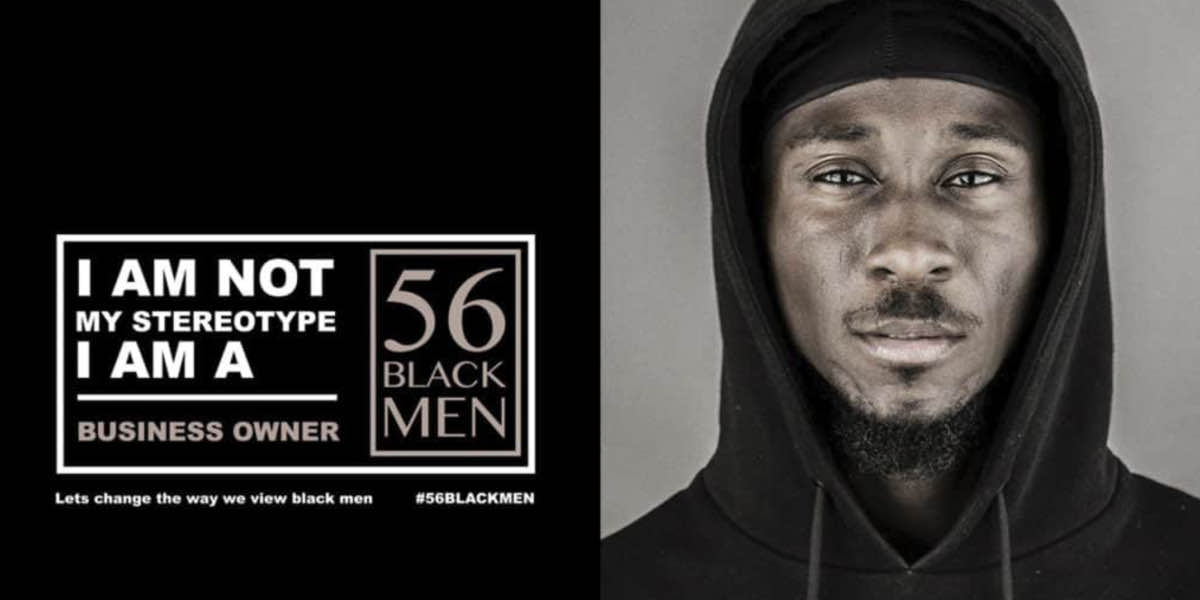
Let us begin at home
The best chance of effecting change is through the younger generation by positively influencing their thoughts and perceptions. The social responsibility lies with parents, to not only refrain from coloring their children’s view of other races, but also to appropriately lead their way of thinking in this regard. Parents should also seek to guard against negative influences their children could be subject to through peer groups and the media. It requires an honest evaluation by all people of their own attitudes to others. How have been treating or responding to the other? Is it with disdain and/or a feeling of separation or it is it with thoughts of compassion and understanding? My sense is that this is what Jesus meant when he talked about loving thy neighbour. It is about being able to see yourself in the other person, which of course requires you to see them as another human being like yourself; subject to the same level of feeling.
Many think that large sweeping actions and mass activism is the answer to everything. While that might be true with regards to making change at a policy level, it might not be necessary for improving interpersonal relations at the both the microcosmic and macrocosmic levels. Simple daily acts of acknowledgement and inclusion directed at the other, facilitated by the putting aside of ego, would go a long way in eliminating the scourge of not only racism but of all forms of discrimination.
I may be idealistic, but we need to start somewhere. Why not at home?
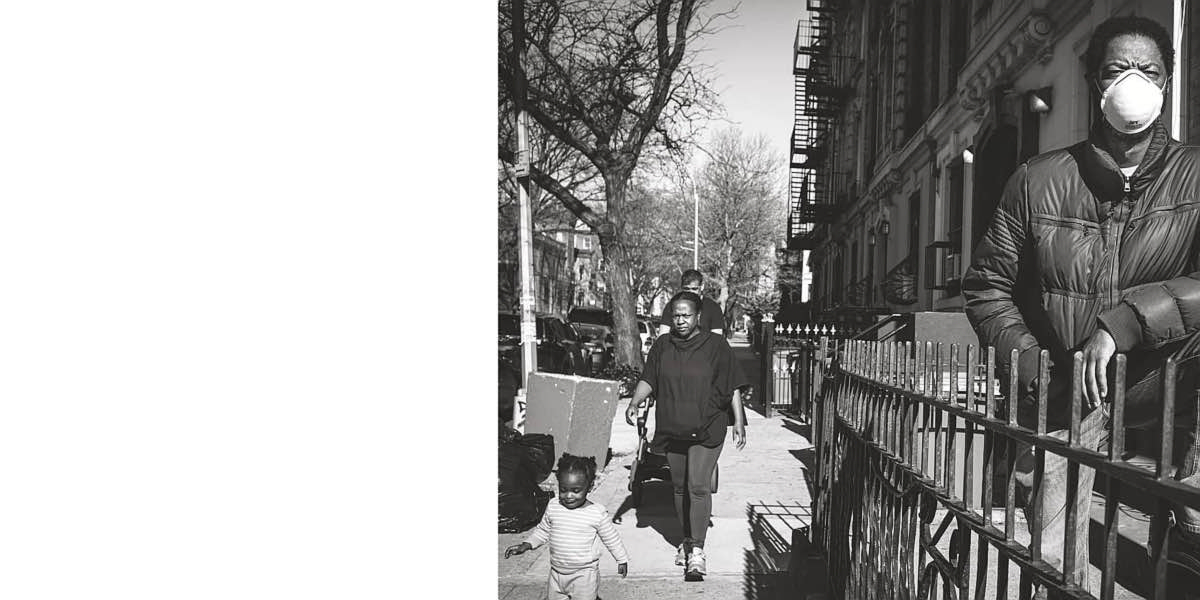
![]()
9 lettori hanno messo "mi piace"

